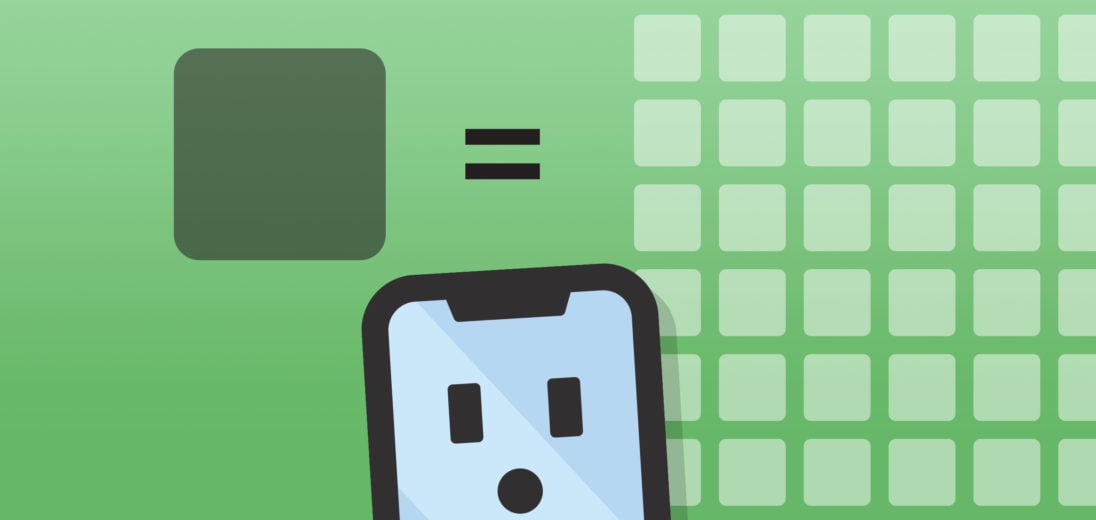You’ll see the term “gigabyte” (GB) used all throughout the computer world. Wireless carriers and cell phone manufacturers both use the term GB often, but they use it to describe slightly different things. This article will answer the question, “what is a GB?” and help you decide how much phone storage and cellular data you need!
What Is A Gigabyte?
In the simplest terms, a GB is a unit of measurement for data. A gigabyte is made up of 1 billion bytes. The prefix “giga” in gigabyte comes from the Greek word for “giant.”
Wireless carriers use gigabytes to describe the data transferred between their network and your cell phone. As music and video streaming has become more popular, wireless carriers have begun to include more cellular data with their plans.
Phone manufacturers use gigabytes to measure the storage capacity of your cell phone. Most smartphones have a storage capacity anywhere between 32–512 GB.
What Else Are Gigabytes Used To Measure?
Gigabytes can also be used to refer to the amount of RAM phones have. Android phone manufacturers, like computer manufacturers, will usually publish the amount of RAM their phones have.
On the other hand, Apple almost never talks about the amount of RAM their phones have. And yes, iPhones do have RAM! Apple doesn’t talk about the RAM very often because iPhones usually have less RAM than Androids.
However, iPhones generally have better memory management than Androids and iOS (the operating system of the iPhone) can do more with less RAM because of how well the code is written.
What’s Smaller Than A GB?
Megabytes are one of the main units of measurement smaller than a gigabyte. There are 1 million bytes in 1 MB and 1,000 MB in 1 GB. To break it down even further, there are 8 bits in one byte.
You may be unfamiliar with these smaller units of measurement because most data plans today include at least 1 GB of cellular data. Furthermore, basically every modern cell phone has multiple gigabytes of storage.
How Many Gigabytes Of Cellular Data Do I Need?
There’s no one-size-fits-all answer to this question. It really depends what you use your cell phone for and how often you use it. Activities like streaming videos and music or downloading large files typically use the most cellular data.
According to one 2020 study, the average consumer uses about 7 GB of data per month. However, that number is expected to rise significantly over the next few years.
If you’re looking for a plan with a greater data allowance, or if you just want to save some money with a better plan, check out our cell phone plan comparison tool. We’ll help you find the best deal, regardless of how much data you every month.
How Many Gigabytes Of Storage Do I Need?
Fortunately for consumers, this question is a lot easier to answer. Even the smartphones with the smallest amount of storage space typically have enough to fulfill the needs of the average cell phone user.
Most newer iPhones and Androids have at least 64 GB of storage space, which is enough space to store tons of photos, videos, and music. The iPhone 12 has a 64 GB base model, while the Samsung Galaxy S21 has an 128 GB base model.
Gigabytes Explained!
I hope this article helped you learn all about gigabytes and how the term is used by wireless carriers and cell phone manufacturers. If you have any other questions about cellular data or your cell phone plan, leave me a comment down below!

I wanted to know why my service keeps going up. Now I know streaming and zooming, you pay more. So don’t get hooked on the words unlimited, it’s not…